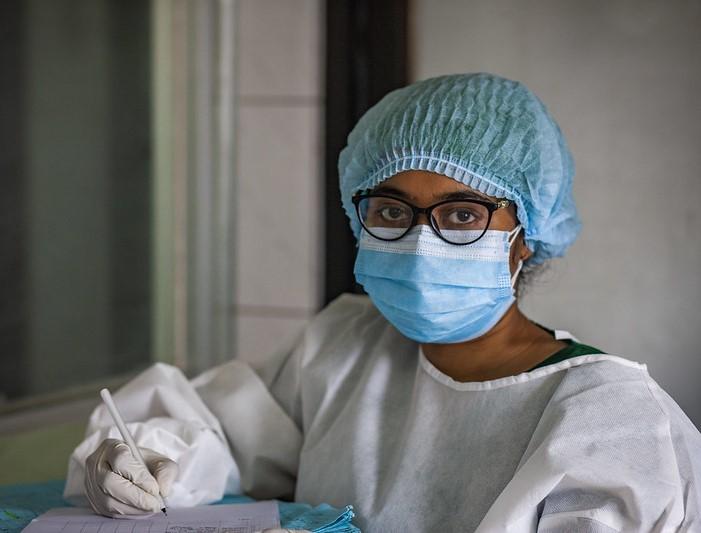Though the world is at a transition point with COVID-19, the situation still warrants a public health emergency of international concern (PHEIC), the World Health Organization (WHO) said today, based on the recommendations of its emergency committee, which met on Jan 27.
Concerns about deaths, struggling health systems
The emergency committee said countries have made substantial progress fighting the virus over the past 3 years, but they raised concerns about the ongoing high number of deaths and low vaccine uptake in low- and middle-income countries, as well as uncertainty regarding emerging subvariants.
Though more-transmissible Omicron sublineages still circulate, the group acknowledged a decoupling between infections and severe disease. It added, however, that the virus remains unpredictable, and more surveillance is needed to track the impacts of the latest subvariants on healthcare systems, which are stretched in many countries owing to workforce shortages and other challenges.
At a WHO executive board meeting today, WHO Director-General Tedros Adhanom Ghebreyesus, PhD, said, the world is in a better place entering the fourth year of the pandemic, but he aired concerns about increasing deaths, with more than 170,000 reported over the past 8 weeks.
"We remain hopeful that in the coming year, the world will transition to a new phase in which we reduce hospitalizations and deaths to the lowest possible level, and health systems are able to manage COVID-19 in an integrated and sustainable way," Tedros said.
As one of the next steps, he said the WHO is defining the most effective mechanism to advise countries and pharmaceutical companies on vaccine composition and frequency.
In the emergency committee statement, the group urged the WHO—alongside partners and stakeholders—to develop a proposal for different mechanisms to keep a global and national focus on COVID-19 after the PHEIC winds down. WHO emergency committees typically meet every 3 months or more often as needed, depending on developments.
In other global developments:
- The COVID-19 pandemic is the world's largest disaster, but the world remains unprepared for the next pandemic, the International Red Cross and Red Crescent Societies (IFRC) said today in a report on disasters in 2022. In a press release, IFRC Secretary-General Jagan Chapagain said COVID-19 should be a wake-up call to better prepare for the next health crisis. The IFRC made several recommendations, including building trust, addressing inequality, and leveraging local groups to perform lifesaving work.
- Chinese officials said today that COVID-19 activity continues to decline, with fever clinic visits down 40% over the Lunar New Year period, according to Reuters. Also, China's regulators approved two domestically produced oral treatments for adults with mild-to-moderate COVID-19 infections.
- South Korea, where cases are declining after a sustained surge, today loosened its masking requirements in indoor public spaces, though the measure remains in place for public transport and in health facilities, according to Reuters.
CDC on protecting immunocompromised people
In the wake of the US Food and Drug Administration (FDA) pulling its emergency use authorization for Evusheld late last week, the only remaining monoclonal antibody treatment, the Centers for Disease Control and Prevention (CDC) detailed other steps for protecting people at highest risk.
In Morbidity and Mortality Weekly Report, CDC experts urged people with weakened immune systems and those around them to create a plan, beginning with getting the updated COVID-19 vaccine. The strategy also includes improving ventilation and spending time outdoors, identifying testing and treatment options before getting sick, testing if exposed or if experiencing symptoms, frequent hand washing, and wearing a well-fitted mask and distancing in crowds.
The nation's 7-day average for new daily COVID cases today is 42,495, down 16% compared to a week ago, according to Washington Post tracking. By the same measure, hospitalizations are down 9% and deaths are down 21%.




















